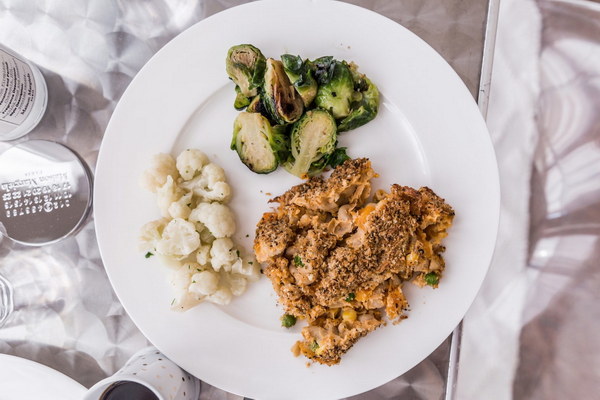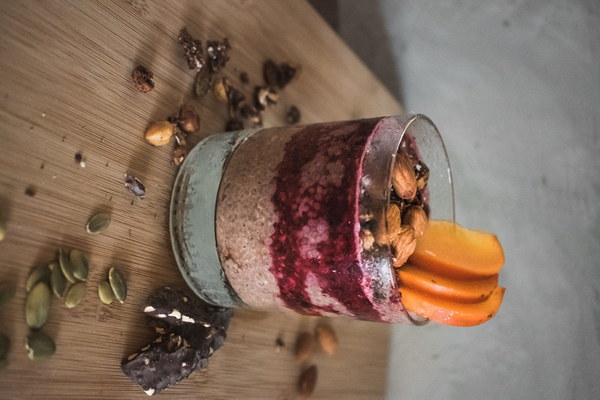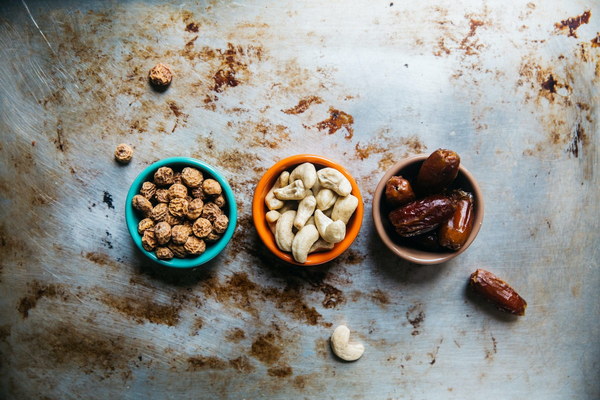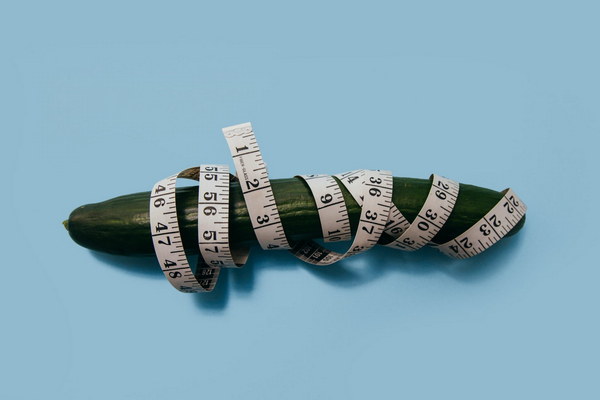Nourishing Yin to Drain Dampness and Dissolve Phlegm A Holistic Approach to Balancing Yin Deficiency
Yin deficiency, a common condition in traditional Chinese medicine (TCM), often manifests with symptoms such as fatigue, irritability, night sweats, and heat sensations. One of the challenges for those with Yin deficiency is the accumulation of dampness and phlegm, which can exacerbate these symptoms and lead to various health issues. This article explores the holistic approach to balancing Yin deficiency by draining dampness and dissolving phlegm, according to TCM principles.
Understanding Yin Deficiency
In TCM, Yin refers to the cool, moist, and nourishing aspects of the body that maintain balance and harmony. Yin deficiency occurs when the body's Yin energy is depleted, leading to various imbalances. This condition is often associated with chronic stress, excessive heat, or overconsumption of spicy and hot foods.
The Accumulation of Dampness and Phlegm
Dampness and phlegm are considered to be the byproducts of excess heat or dampness in the body. When Yin deficiency occurs, it can weaken the body's ability to transform and transport these substances, resulting in their accumulation. This accumulation can lead to a range of symptoms, including:
- Fatigue and weakness
- Headaches and dizziness
- Weight gain
- Mucus production
- Edema
- Digestive issues
Holistic Approach to Draining Dampness and Dissolving Phlegm
TCM offers a comprehensive approach to balancing Yin deficiency and addressing dampness and phlegm. This approach includes dietary adjustments, herbal remedies, and lifestyle modifications. Here's how to tackle each aspect:
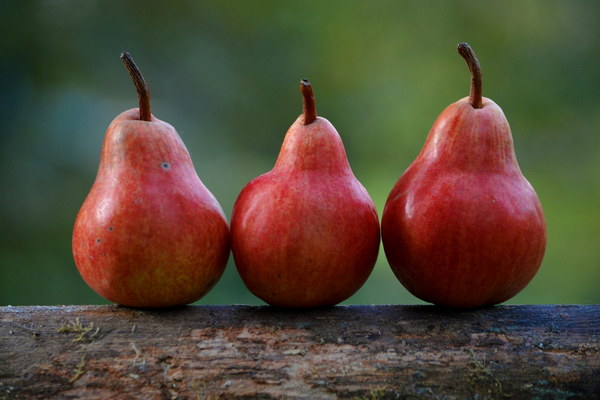
1. Dietary Adjustments
To nourish Yin and reduce dampness and phlegm, it's important to incorporate foods that are cooling, moistening, and nourishing. Some of these foods include:
- Leafy greens: Spinach, kale, and Swiss chard
- Root vegetables: Carrots, beets, and radishes
- Fruits: Watermelon, peaches, and plums
- Herbs: Licorice root, goji berries, and ginger
It's also important to avoid or limit foods that contribute to dampness and phlegm, such as:
- Spicy and hot foods: Chili, pepper, and garlic
- Sweet and greasy foods: Sweets, fried foods, and butter
- Alcohol and caffeine: These can further deplete Yin energy
2. Herbal Remedies
Herbal remedies are an essential part of TCM and can be highly effective in balancing Yin deficiency and addressing dampness and phlegm. Some commonly used herbs include:
- Rehmannia (Shu Di Huang): Known for nourishing Yin and blood, it helps to alleviate symptoms of Yin deficiency.
- Poria (Fu Ling): A natural diuretic, poria helps to drain dampness and relieve edema.
- Alisma (Ze Xie): This herb is effective in dissolving phlegm and reducing dampness.
- Astragalus (Huang Qi): Known for its immune-boosting properties, astragalus helps to strengthen the body's defenses against dampness and phlegm.
3. Lifestyle Modifications
Lifestyle modifications are crucial in managing Yin deficiency and its associated symptoms. Here are some tips:
- Get adequate sleep: Lack of sleep can exacerbate Yin deficiency.
- Practice relaxation techniques: Activities such as yoga, meditation, and tai chi can help to reduce stress and promote Yin balance.
- Exercise regularly: Moderate exercise can boost the immune system and help to drain dampness.
- Avoid excessive heat: Overheating can further deplete Yin energy and contribute to dampness and phlegm.
In conclusion, balancing Yin deficiency by draining dampness and dissolving phlegm is a comprehensive process that involves dietary adjustments, herbal remedies, and lifestyle modifications. By incorporating these strategies into your daily routine, you can effectively alleviate the symptoms of Yin deficiency and improve your overall health and well-being.
